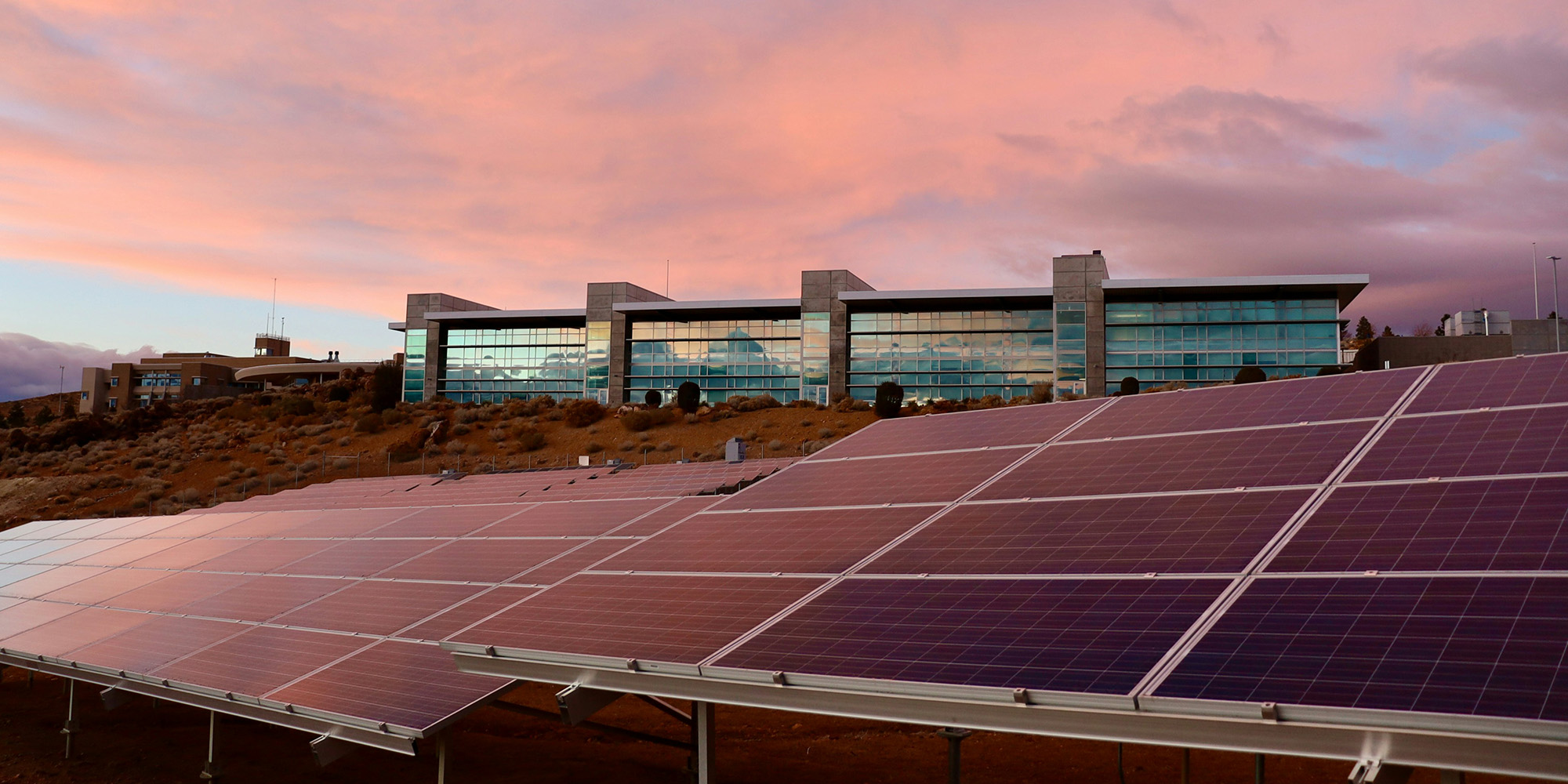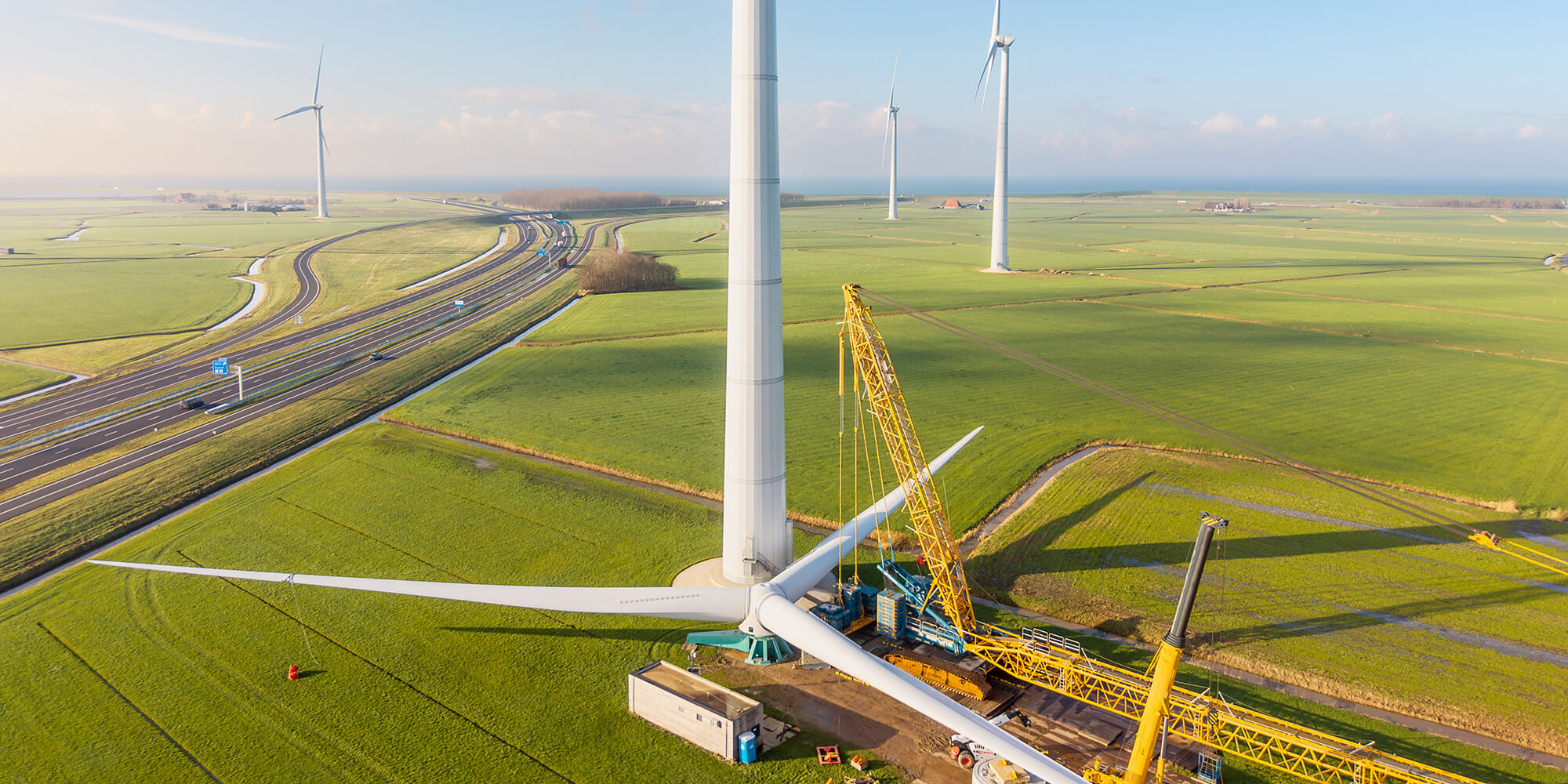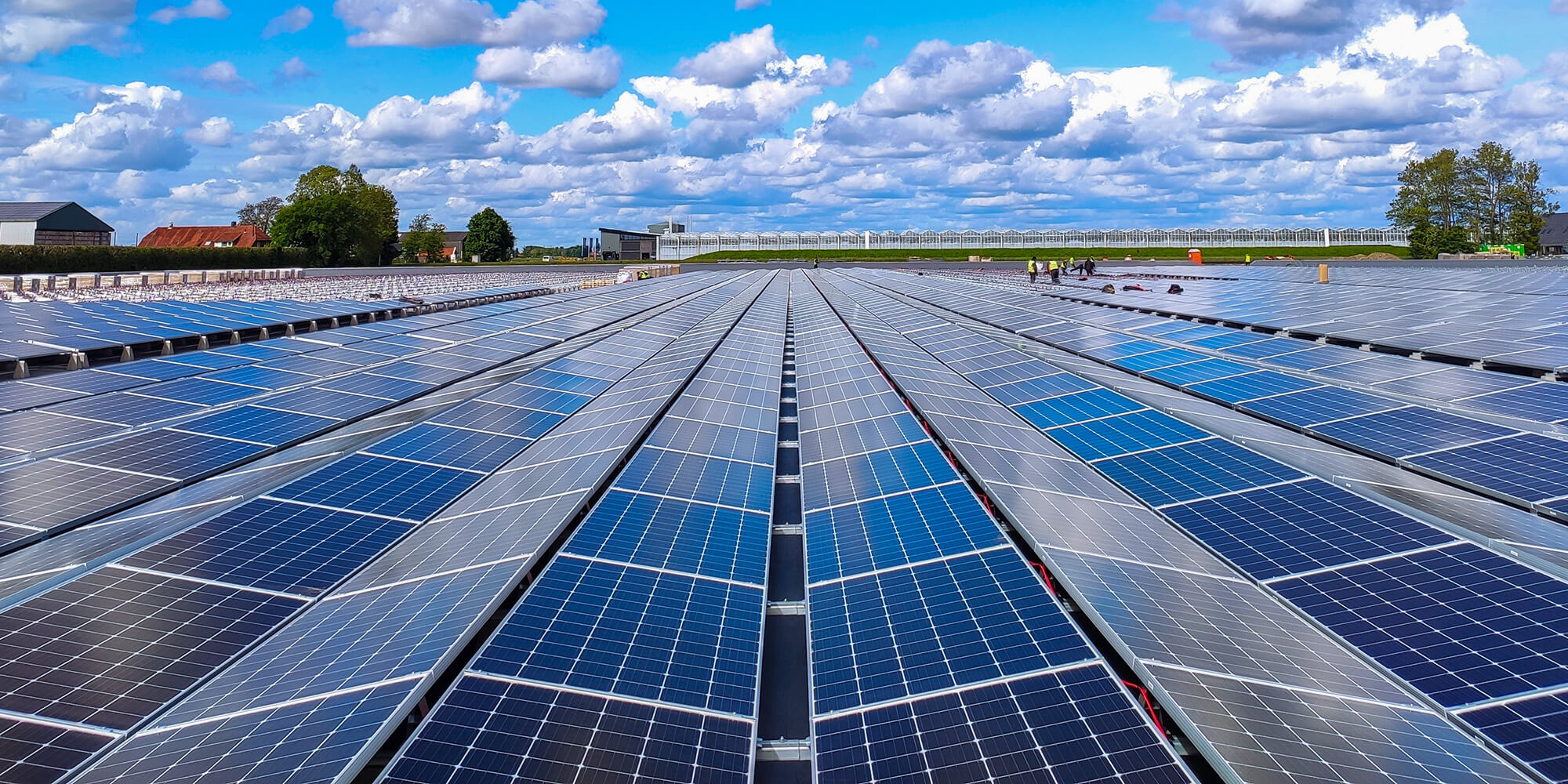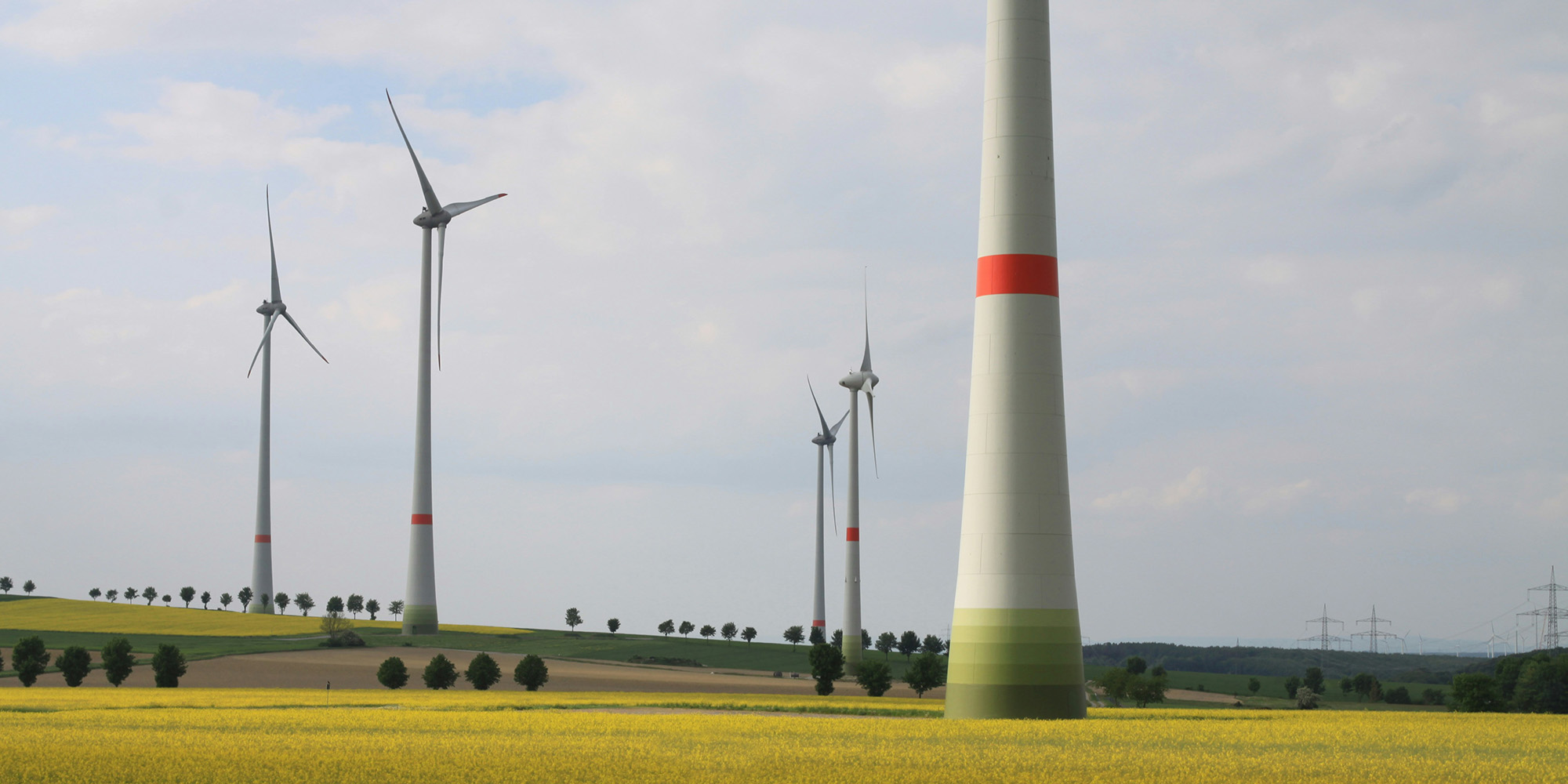In 1856, the Wallenberg family founded Stockholms Enskilda Bank — today SEB — and over the next century developed its business holdings into an ecosystem that today includes some of the most successful Swedish companies, such as Atlas Copco, ABB, AstraZeneca, and Saab.
Six decades later, in 1917, Knut and Alice Wallenberg established the Knut and Alice Wallenberg Foundations, setting the base for an ownership model anchored in the concept of “landsgagneliga,” a mandate to invest in activities that contribute to the progress of Sweden.
 The following is a summary of a conversation between Preben Munch, Ecohz’ Senior Director of Sales and Solutions, and Peter Wallenberg Jr., Chair of the Knut and Alice Wallenberg Foundation, on how the Wallenberg vision endures — not only buttressing prosperous businesses but also contributing to the development and sustainability of an entire nation.
The following is a summary of a conversation between Preben Munch, Ecohz’ Senior Director of Sales and Solutions, and Peter Wallenberg Jr., Chair of the Knut and Alice Wallenberg Foundation, on how the Wallenberg vision endures — not only buttressing prosperous businesses but also contributing to the development and sustainability of an entire nation.
A family business that has been growing and thriving for six generations is an outstanding example of sustainability. What is “long-termism,” and has the concept evolved over time?
When the foundations were established, their statutes were very clear — every project they support should be for the betterment of Sweden. That is the long-term vision. It is also why we fund basic research and education. We are far up north, we’re small, we don’t have oil, so it has been very important that we can grow from the bottom.
You use for this approach the term “landsgagneliga."
The foundations used another word for a couple of years, but then, 15 years ago, we came back to it because it really focuses on one thing: where we are going as a country and whatever we contribute to the process.
The objectives change, of course. In 1917 the goal was to ensure that we had enough places for education. Today we have the possibility and the know-how to be part of global development.
Again, we are funding excellence in basic science and research — no applied research. The companies we own cannot be part of the grants that we give, because we know development starts from the bottom.
Sweden is among the leading countries when it comes to percentage of GDP spent on research and development. The tech percentage of the R&D, however, is going down. Why do you think that is?
Sweden is leading when it comes to new IPs in Europe, but we’re below par when it comes to commercialising them. We’re good at research but bad at making business out of it because there is no system to help research go from an IP to reality.
Now we have a mechanism through the foundation called Proof of Concept to help researchers take more steps to commercialise their research. We have helped 40 companies start through that system over the last four years.
So, sustainability in terms of long-term thinking is to make this research sustainable from a practical application point of view.
But it’s also straight in, because a lot of research being done in Sweden is about sustainability.
The foundations have helped and financed climate research for close to a hundred years. We are the ones that, for example, financed expeditions to the North Pole. It was just not called sustainability back then, but the mindset remains the same: we are part of something bigger, and we have to make sure research continues in these areas.
Another example: Sweden is a forest country. When the paper industry declined, we had to figure out what to do with what was one of our biggest exports. So, we gathered universities and researchers at a conference in Stockholm and started the Wallenberg Wood Science Centre. We invited companies too, and although they didn’t want to be part of it initially, they quickly realised that there was potential in it and that we could use materials in another way. Today we have biodegradable plastic and non-toxic glue that is being tested by one of the world’s largest furniture manufacturers.
In the spirit of making things sustainable in the long term, do you pay special attention to governance?
In everything that we do, we have a couple of words we use: it has to be long-term, we’re looking for basic research, we want the best of the best. But after the application process — and we get really good applications — we give the researchers full freedom.
Once I asked a researcher: where are you in the research that you received funding for? She replied: Nowhere, I just know we’ll find things we weren’t even looking for. And that’s what it’s all about. That’s the way we have to think to continue to be long-term sustainable in that sense.
One of the hardest things to find funding for is fundamental research.
Yes, and that’s where it started. We know everything in the world comes from basic research, which is why it’s important for a country like Sweden to make sure academia, business, and politics work together. But we’re still small.
When we started funding AI and machine learning, we knew we would spend 5 billion Swedish crowns on this initiative — the largest research project ever funded in Sweden. The same day, Angela Merkel said they were going to give 5 billion euros to one university in the same area.
That is why our strategic projects focus on questions where Sweden is lagging. We also see to it that more than one university is part of projects, and we invite businesses too. That is how we ensure that a small country can continue to be part of development.
You are trying to get a variety of actors involved.
Absolutely. One of the main ideas from the beginning was: how do we break silos? Between universities, industries, and politics. If we can cut through and get multiple actors to communicate with each other, then we’re going forward.
Politics are becoming increasingly polarised. You have said before that you are an apolitical organisation. But how do you work with different actors to continue the activities of the foundations?
Politics change all the time. So, for us, the important thing is to find ways to communicate. After every election, we write a letter to the Minister of Research and Education to present ourselves. It doesn’t matter what political party they come from. We invite them to meet the universities and researchers with us. We need each other to move forward. Being non-political in that sense works very well.
Of course, we are also business owners. We do have majority ownership in large companies, which also need to find ways of working with politicians to make sure Sweden and society move forward.
The foundations are business owners, so they also have an obligation to the other business owners. How do you balance both sides?
The foundations are the majority owners of these companies, not us as individuals. That makes it very special, because it means it’s not our ideas as individuals, but what the family stands for, that endures. We are long-term responsible owners through the foundations, and we are on the boards trying to help them develop, to help in the long run and become even better.

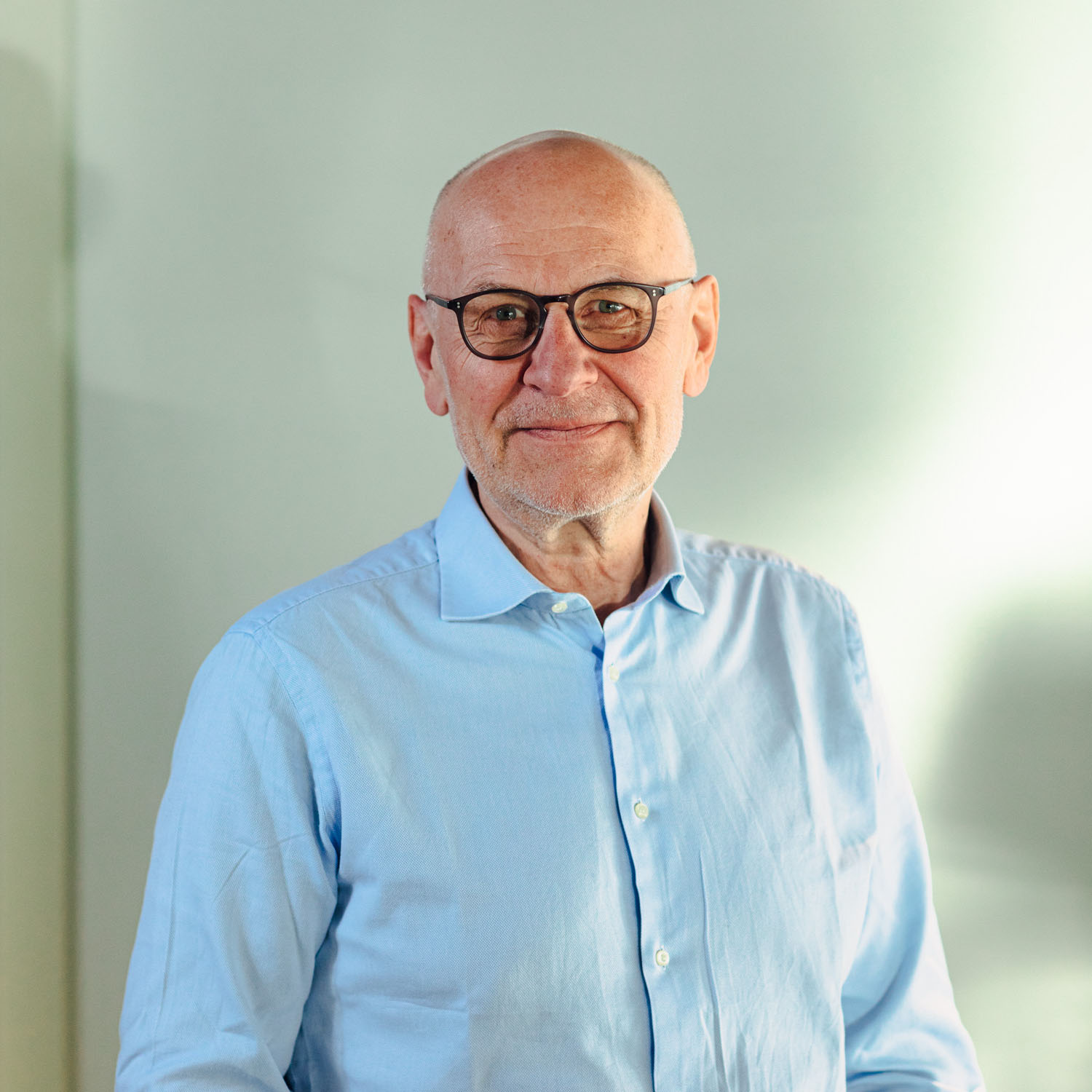
.png?width=3840&height=2560&name=Sun(1).png)

.png?width=3840&height=2560&name=Landscape_2(1).png)

